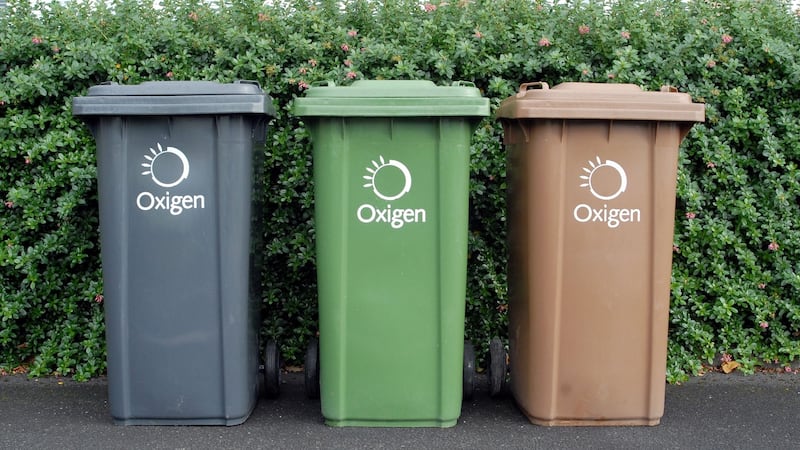All young offenders who have served three-quarters of their sentences with good behaviour at a Dublin detention centre may be released following a High Court judgment yesterday.
Mr Justice Gerard Hogan said he realised his decision has significant implications not just for the Oberstown centre but for the juvenile justice system. He was told his decision would not be appealed to the Supreme Court.
Mr Justice Hogan ruled those detained at the Oberstown school for young offenders near Lusk were entitled to remission of their sentences in the same way as all other prisoners.
When Robert Barron SC, for the school, asked if the ruling meant all those in Oberstown who had reached three-quarters of their sentence would be released, the judge said it did. He realised his judgment would have significant implications for Oberstown and for the wider juvenile justice system.
He made the comments after ordering the release of a 17-year-old teenager from Oberstown who, the judge said, was entitled to have been released on November 26th last under remission rules, instead of February 26th next as argued by the director of the school.
Supervision
The boy was 14 when he committed an attempted robbery in 2011 for which he received a sentence totalling 15 months in Oberstown. Another 12 months was suspended on condition he undergo post-release supervision
The boy brought an application to the High Court seeking his release on the grounds his continued detention was unconstitutional. It was claimed that prison rules, applicable in all prisons including St Patrick's Institution for young offenders, also applied to Oberstown.
Remission is applied to prisoners of good behaviour and can account for one-quarter or one-third of a sentence.
The director of Oberstown school opposed the application brought on behalf of the boy under article 40.4.2 of the Constitution.
Juvenile centre
In his judgment Mr Justice Hogan said the language and structure of the 2001 Children Act "entirely negatives" the argument that detention in a school like Oberstown is essentially different in law to detention at any other juvenile centre such as St Patrick's.
Failure to afford offenders in Oberstown with such a benefit amounted to “a plain breach” of the guarantee of equality before the law set out in article 40.1 of the Constitution, he said. The detention of this boy beyond November 26th (the date when remission would have applied) amounted to a “continuing violation” of his constitutional rights.
The boy, who was in court yesterday, was immediately released.
A second boy who had a similar challenge against Oberstown would also be released, Mr Barron said.















